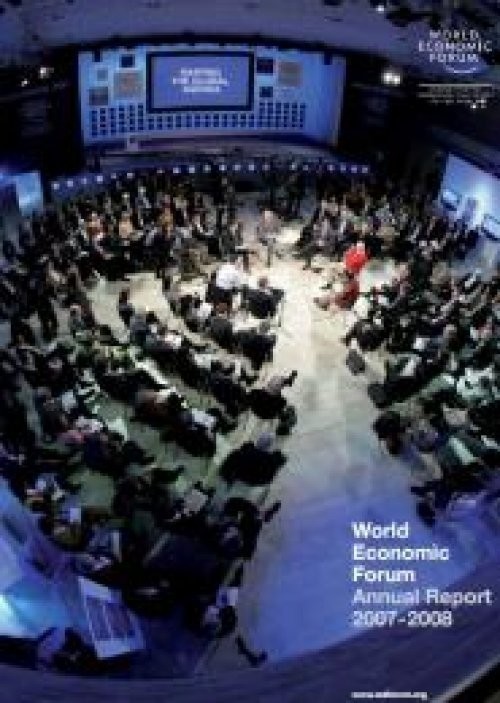New Nature Economy
These reports provide pathways for business to be part of the transition to a nature-positive economy.
Chief Economists Outlook
The Chief Economists Outlook summarizes the emerging contours of the current economic environment. The quarterly report incorporates the latest policy research and the results of a Forum survey with leading chief economists from both the public and private sectors.
Annual Report
The Annual Report outlines the concrete progress the World Economic Forum made over the year in a variety of initiatives and demonstrates how the organization continues to be a bridge-builder in the increasingly complex world.
Fostering Effective Energy Transition
The annual Fostering Effective Energy Transition Report uses the Energy Transition Index (ETI) to benchmark 120 countries on their current energy system performance, focusing on balancing equity, security and sustainability, and on their transition readiness.
Top 10 Emerging Technologies
The annual Top 10 Emerging Technologies report highlights the technologies set to positively impact society within the next three to five years. The report provides a qualitative assessment of each technology's potential impact on people and the planet.
Global Gender Gap Report
The annual Global Gender Gap Index benchmarks the state and evolution of gender parity across four key dimensions: economic participation and opportunity, educational attainment, health and survival, and political empowerment.
Future of Jobs
The annual Future of Jobs Report explores how jobs and skills will evolve. The report is based on unique survey data that details the expectations of a cross-section of the world’s largest employers related to how socio-economic and technology trends will shape the workplace of the future.
Global Risks Report
The annual Global Risks Report explores some of the most severe risks we may face in the coming years. Underpinned by the Forum’s Global Risks Perception Survey, the report brings together leading insights from over 1,200 experts across the world.





















































































